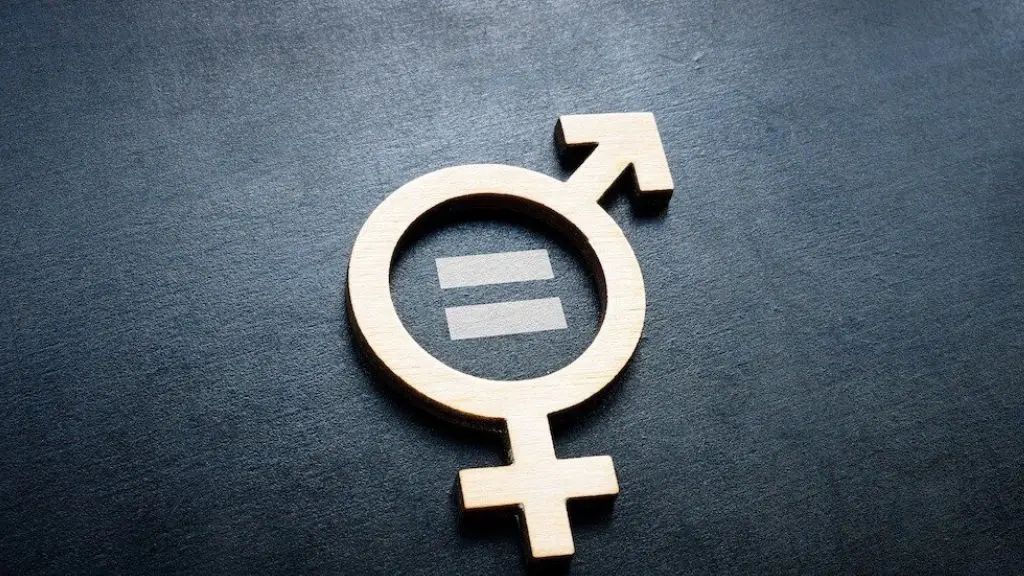
The landscape of global debt capital markets has seen a significant evolution with the rise of Gender Lens Investing (GLI) through sustainable financial instruments called “Gender Bonds.”
Gender Bonds, a subset of Thematic Bonds, serve as vehicles to mobilise long-term capital for gender empowerment initiatives. These instruments are purposefully issued to elevate awareness around gender inequality, bridge gender gaps, enhance the well-being of women and foster female empowerment.
While the emergence of Gender Bonds started slowly, recent years have witnessed substantial momentum, with a study conducted by Financial Sector Deepening Africa (FSD Africa) and United Nations Women (UN-Women) noting 13 global issuances in March 2020. In Africa, the landscape of Gender Bonds has gradually evolved, marked by notable milestones such as Morocco’s issuance of Africa’s first Gender Bond in December 2021 through Banque Centrale Populaire (BCP), securing approximately $20 million via a private placement. This was followed by Tanzania’s NMB Bank Plc issuing the Jasiri Gender Bond, raising around $32 million.
Recognising the significance and potential of Gender Bonds in Africa, key organisations such as FSD Africa, the FSD Network Collaborative Programme, UN Women, and British International Investments (BII) are collaborating to develop an Africa-focused Gender Bond Toolkit. This toolkit aims to bolster regional demand and understanding of Gender Bonds, offering comprehensive guidance for potential issuers and investors in both the public and private sectors. By addressing the financing gap for African women’s businesses, this initiative aims to foster an environment conducive to their growth and empowerment.
FSD Africa, operating as a specialised development agency across sub-Saharan Africa, adopts a ‘market systems development’ approach to reduce poverty, promote financial market strength, and tackle inequality and corruption.
The FSD Network Gender Collaborative Programme (CoPro) aims to integrate gender perspectives into Financial Sector Deepening entities in the African region, amplifying their capacity to generate systemic gender impacts.








Leave A Comment